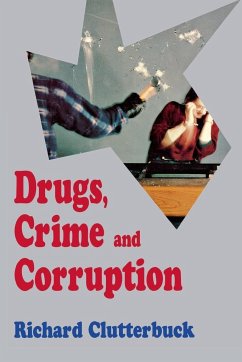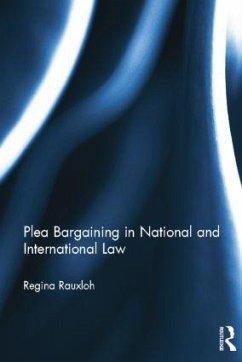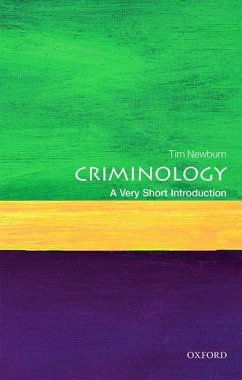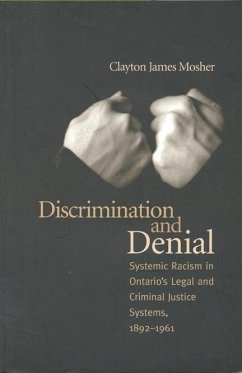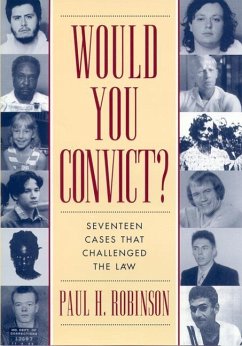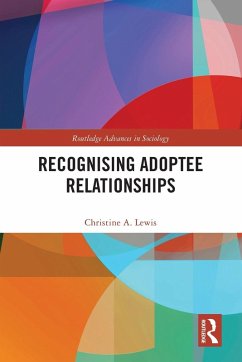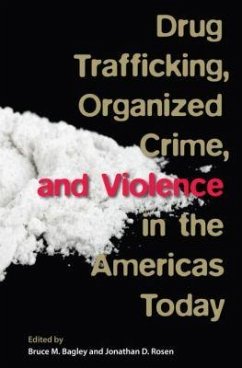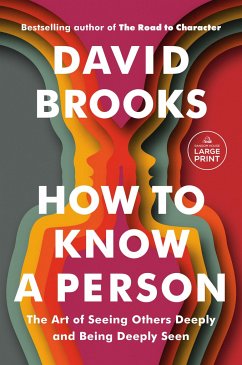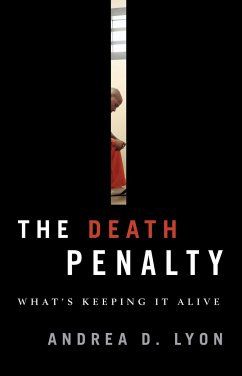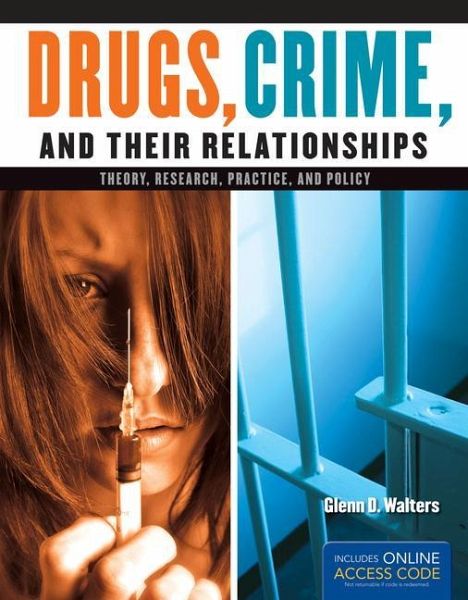
Drugs, Crime, and Their Relationships
.
Versandkostenfrei!
Versandfertig in über 4 Wochen
95,99 €
inkl. MwSt.

PAYBACK Punkte
48 °P sammeln!
Surveys administered to high school students, studies carried out on jail and prison inmates, and interviews conducted with substance abusers undergoing treatment all point to the same conclusion: drugs and crime are strongly connected. Why they are connected is less well understood, however. Written for middle to upper-level undergraduate courses on drugs and crime or substance abuse and crime, this book examines the drug-crime connection in a systematic and comprehensive way. Drugs, Crime, and Their Relationships covers the entire drug-crime spectrum, starting with a review of drug and crime...
Surveys administered to high school students, studies carried out on jail and prison inmates, and interviews conducted with substance abusers undergoing treatment all point to the same conclusion: drugs and crime are strongly connected. Why they are connected is less well understood, however. Written for middle to upper-level undergraduate courses on drugs and crime or substance abuse and crime, this book examines the drug-crime connection in a systematic and comprehensive way. Drugs, Crime, and Their Relationships covers the entire drug-crime spectrum, starting with a review of drug and crime terminology, classification, theory, and ending with policy implications for prevention, harm reduction, and macro-level management of the drug-crime problem. The opening chapters discuss drugs and crime separately for the purpose of setting the stage for later discussions on drug-crime relationships. As the book proceeds, the boundaries between drugs and crime blur, thus revealing the complex and intimate relationship that links these two behaviors.Drugs, Crime, and Their Relationships is divided into four sections. The first section offers an introduction and overview of theories on drugs, crime, and their relationships. The second section explores the relevant research on the biological, psychological, sociological, and static/situational correlates of drug-crime relationships. The third section considers the practical implications of drug-crime connections for the criminal justice system, offender assessment, and treatment programming. The fourth and final section examines the policy implications of the drug-crime relationship in the form of prevention, harm reduction, and society's response to drugs and drug-related crime.Students will enjoy the engaging writing style, instructors will welcome the logical manner in which the text is organized, and scholars will appreciate the comprehensiveness of coverage and the range of citations.Key Features:-Provides a step-by-step breakdown and synthesis of the drug-crime connection.-Organized logically so that a student first progresses through chapters that treat drugs and crime separately, gradually replaced by overlapping discussion of drugs and crime, up until the final section (policy) where the overlap is nearly complete.-Covers core topics, including the history of drugs and crime in America, theories of substance abuse, DSM-IV criteria for substance abuse, antisocial personality disorder, theories of crime, and neurotransmitters and drugs. Also includes discussions on important topics not commonly found in other texts including, meta-analysis, genetics of drug use and crime, drug diversion programs, Prison-based treatment programs for drug offenders, evidence-based intervention, harm reduction, Portuguese and Dutch experiments, and much more.-Pedagogical features:Chapter opening learning objectives and chapter ending summary and critical thinking questions.*List of key words in each chapter.*News Spots that highlight a related topic from the news to demonstrate the relevance of the chapter material to one's everyday life and situations.*Questions to Ponder following each News Spot intended to stimulate critical thinking and classroom discussion.-Every new copy is packaged with full student access to the companion website featuring a weatlh of engaging and interactive study tools.-Instructor resources include PowerPoint Lecture Outlines and a Test Bank.



